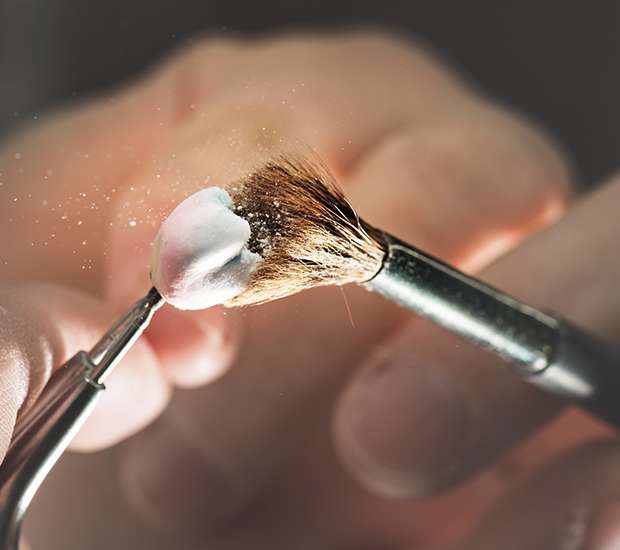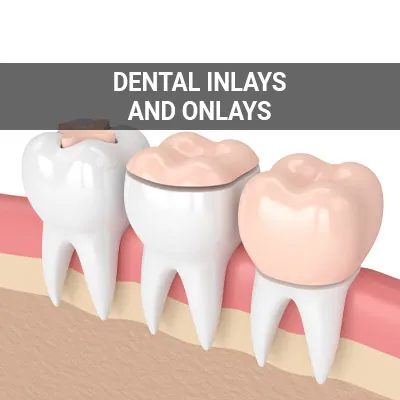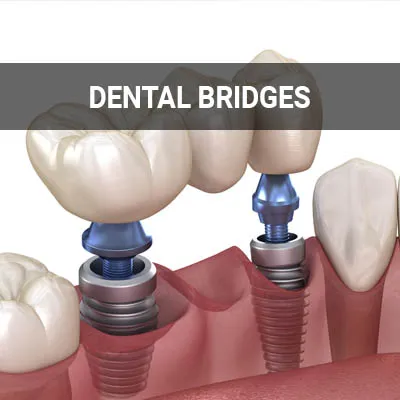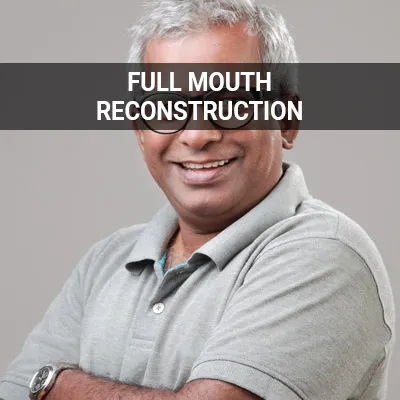Restorative Dentistry Bensenville, IL
Restoration dentistry maintains the functionality and well-being of the mouth while promoting overall dental health. When choosing the appropriate restorative treatment, it is important to factor in the type of dental issue and the patient's personal preferences. Choosing the right procedure can repair worn, decayed, damaged, or missing teeth and restore a healthy and beautiful smile.
We provide restoration dentistry at Midwest Center for Dentistry and Implants in Bensenville and the surrounding area. Our team can help restore your smile. Call us at (630) 521-5000 to learn more about our services or schedule an appointment.
What to Know About Restoration Dentistry
Restoration dentistry focuses on restoring functionality to teeth as well as the overall management of oral health. People with structural dental issues, including broken or missing teeth, can benefit from restoration dentistry. Restorative treatments allow patients to preserve as much of their natural teeth as possible.
Although the American Dental Association does not currently recognize restoration dentistry as a dental specialty, general dentists can perform various restorative procedures. General dentists can perform these preventative and corrective procedures to ensure that patients' mouths and teeth remain as healthy as possible. The right treatment can restore the tooth structure's integrity and health while maintaining a natural appearance.
“Restoration dentistry focuses on restoring functionality to teeth as well as the overall management of oral health.”
Benefits of Restoration Dentistry
The benefits of restored teeth extend beyond aesthetic appearance since damaged teeth can have significant oral and overall health implications. The various procedures have different benefits to help patients maintain healthy smiles. One benefit of receiving restoration dentistry is improved chewing function and minimized pain. Restoring a damaged tooth can resolve chewing problems and even result in improved speech.
Restoration dentistry can restore tooth decay, chips, cracks, and prevent further tooth damage. These dental treatments protect a patient's natural teeth and minimize the chances of contracting gum- and teeth-related illnesses. Dental restorations can also improve oral health, prevent cavities, and maintain the structure in jawbones.
” The benefits of restored teeth extend beyond aesthetic appearance since damaged teeth can have significant oral and overall health implications.”
Performing Restoration Dentistry
General dentists serve as the first line of defense against oral health problems. All general dentists have the ability and experience to conduct most restorative dentistry procedures. Even though general dentists typically forgo postgraduate dental specialist programs, they receive the necessary training and education during dental school to perform these procedures.
Further education or certifications are unnecessary to provide restorative dental services. Patients that are interested in receiving treatment should speak with our dentist to discuss the available procedures. If our dentist does not perform a given treatment, they will provide a specialist referral.
” All general dentists have the ability and experience to conduct restorative dentistry procedures.”
Check out what others are saying about our dental services on Google: Restorative Dentistry in Bensenville, IL
Finding the Right Restoration Dentist
Choosing the right restoration dentist is an important part of pursuing treatment. When seeking restorative treatment, different age segments should keep certain factors in mind:
- Adults: Adults should look for a dentist who understands the importance of investing in restorative care, not only for aesthetics but also for overall health.
- Geriatric: Geriatric patients should focus on finding a restoration dentist that takes the presence of other diseases or medical conditions that can affect their oral health into consideration.
- Kids: The right dentist will focus on restoring oral function and protect developing permanent teeth while creating a positive experience throughout treatment.
- Middle-Aged: Many middle-aged people report dental pain, embarrassment, and poor prevention, so they should focus on finding a dentist who provides restoration services to maintain their teeth as they get older.
- Teens: A restoration dentist for teens takes their current dental and facial development and continual jaw growth into consideration during treatment.
“Choosing the right restoration dentist is an important part of pursuing treatment.”
Questions Answered on This Page
Q. What is restorative dentistry?
Q. What are the benefits of restoration dentistry?
Q. Who performs restorative dentistry?
Q. What should patients look for in the right restoration dentist?
Q. What are the restoration dentistry procedure options?
People Also Ask
Q. What is an indirect dental restoration?
Q. What do I do if my implant feels loose?
Q. What are partial removable dentures for one missing tooth?
Q. How do lifestyle choices affect dental health?
Restoration Dentistry Options
Patients can receive direct or indirect restoration procedures based on their specific dental problems. Direct restorations are ones that occur completely in the mouth. This treatment involves placing a filling into a prepared tooth cavity. Depending on the tooth decay's location and extent, patients can choose from various filling materials, including ceramic, silver amalgam, glass ionomer, and composite.
Indirect restoration procedures involve the custom creation of tooth replacements outside of the mouth. These procedures require more work than direct restoration treatments but are a stable and long-lasting solution for more severe tooth damage. Common procedure options include veneers, inlays, onlays, and crowns, which help teeth regain strength and function. Other procedures, such as bridges and implants, replace missing teeth.
“Patients can receive direct or indirect restoration procedures based on their specific dental problems.”
Frequently Asked Questions
Q. What is a dental implant?
A. Dental implants are artificial tooth roots that act as a strong base to support one or more missing teeth. They allow replacement teeth to look, feel, and function properly. These metal, screw-like posts are the strongest devices available to support replacement teeth.
Q. How do I take care of my dental restoration?
A. To take care of their restoration, patients should continue to practice brushing twice a day and flossing every day to maintain teeth and gum health. Patients should avoid biting hard objects and wear a mouthguard at night if they grind their teeth. It is also important to attend routine dental check-ups to prolong the lifespan of the dental restoration.
Q. Why is it important to replace missing teeth?
A. Replacing a missing tooth through restoration dentistry can help promote overall dental health. Dental restorations such as bridges or implants fill in the empty spaces left by missing teeth to prevent cavities in the gaps where plaque building bacteria can grow. Restorations are also important to minimize extra stress on the surrounding natural teeth.
Q. What are the benefits of a composite filling?
A. Composite fillings are a popular dental restoration choice since they match the appearance of natural teeth. They provide good durability and resistance to tooth fractures. Patients can receive these fillings in the back or the front of the mouth.
Q. How much does a dental restoration cost?
A. Dental restoration costs will depend on various factors, such as the procedure, location, damage extent, and the patient's insurance provider. Every insurance plan is different. Patients should contact their insurance provider before seeking restoration treatment.
Dental Terminology
Call Us Today
Tooth damage and decay can cause many oral and overall health problems. Our team at Midwest Center for Dentistry and Implants provides restoration dentistry to restore the health of your smile. Call us today at 630-521-5000 to learn more about our services or schedule an appointment.
Helpful Related Links
- American Dental Association (ADA). Glossary of Dental Clinical Terms. 2024
- American Academy of Cosmetic Dentistry® (AACD). Home Page. 2024
- WebMD. WebMD’s Oral Care Guide. 2024
About our business and website security
- Midwest Center for Dentistry and Implants was established in 2021.
- We accept the following payment methods: American Express, Cash, Check, Discover, MasterCard, and Visa
- We serve patients from the following counties: Cook County and DuPage County
- We serve patients from the following cities: Bensenville, Wood Dale, Oak Brook, Itasca, Addison, Elk Grove Village, Elmhurst, Melrose Park, Schaumburg, and Chicago
- National Provider Identifier Database (1396000956). View NPI Registry Information
- Norton Safe Web. View Details
- Trend Micro Site Safety Center. View Details
Back to top of Restorative Dentistry











